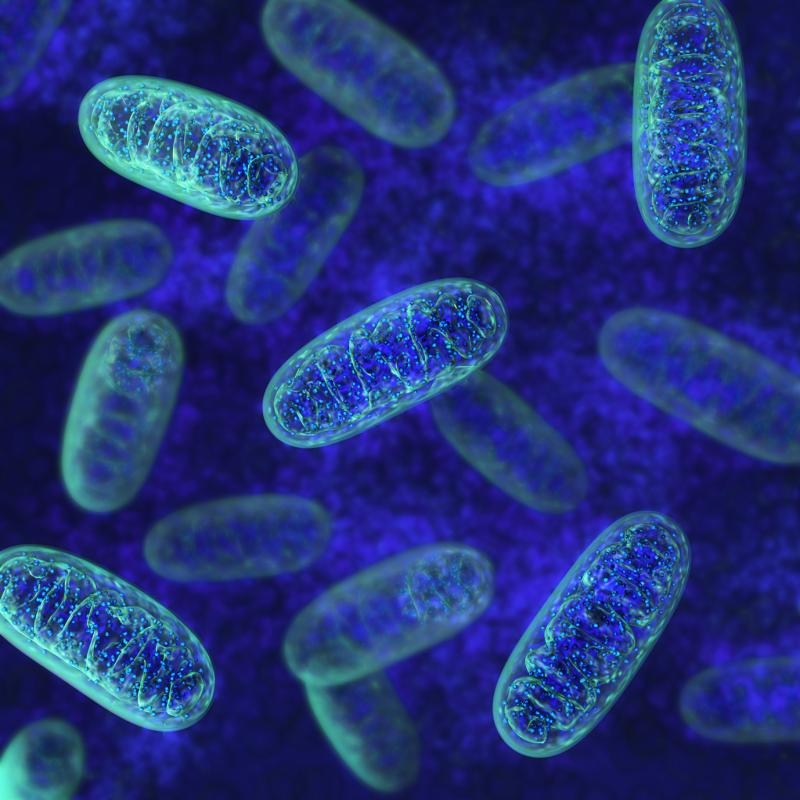
MuGard and Caphosol do not appear to be more effective than standard topical therapy at reducing pain scores or increasing mucosal recovery in the treatment of chemotherapy-induced oral mucositis, a recent study has shown.
This study was conducted to address the limited data available regarding the treatment of established oral mucositis with oral mucoadhesive hydrogel (MuGard) or supersaturated calcium phosphate oral rinse (Caphosol) compared to standard therapies.
The authors performed a retrospective chart review involving adults treated with MuGard, Caphosol and/or standard topical therapy for established oral mucositis while admitted to a community teaching hospital. Then, they matched patients receiving newer agents (MuGard/Caphosol) to those receiving standard topical therapy (ST) using a posthoc propensity score.
Of the 147 patients included in the analysis, 14 from each group were matched. No difference in the primary endpoint of median change in average daily pain score, compared to baseline, was found between matched groups at day 3 (ST vs MuGard/Caphosol: 0 vs 0.18; p=0.830) or day 7 (0 vs 0.8; p=0.494).
There were also no between-group differences seen in opioid usage, oral mucositis symptom duration or progression, or incidence of documented infection.
“Oral mucositis, a common complication of several different anticancer therapies, causes significant morbidity in cancer patients,” the authors said. “It is characterized by the destruction of the mucosa throughout the gastrointestinal tract including the oral cavity.”